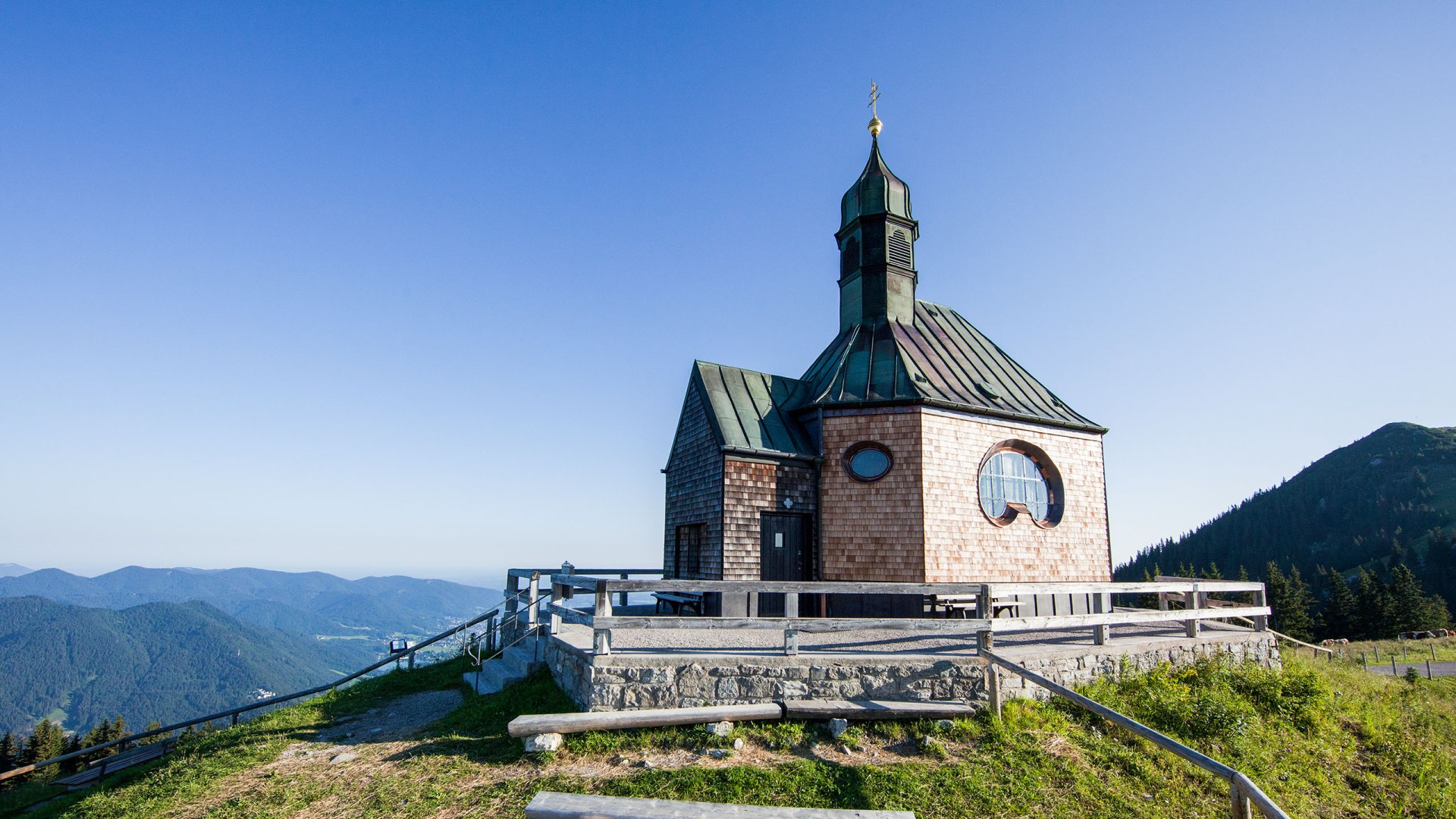Kirchweih Tegernsee
Deliciously served delicacies
On the third Sunday in October, Upper Bavaria celebrates the traditional Kirchweih festival - also known locally as "Kirta". As a festival of primarily worldly lust, it is celebrated on Kirta Sunday and Kirta Monday.
It used to be said "a gscheida Kirta lasts dauert bis zum Irda" - which translates as something like, a real Kirta lasts until Tuesday.
People used to have to be undemanding and frugal. The parish fair let all worries and difficulties be forgotten for a short time. It served to make up for all the year-round grind and drudgery. Roast goose or duck, which is usually served tasty with potato dumplings and red cabbage, is a traditional meal on Parish Fair Sunday. Of course, beer and folk music shouldn't be missing. The inns and dance halls are full and people celebrate together. Another special attraction is the "Almkirta", which is celebrated on the mountain pastures.
The story of Kirchweih
The originally pagan fertility and harvest festival was later adopted by the church and given a new meaning. In the Middle Ages, a parish fair was celebrated as a religious festival on the occasion of the consecration of a Christian church.
Since 1985 the traditional costume association "D'Leonhardstoana" holds its anniversary on the parish fair Sunday. The members of the association meet at Leonhardstoanahof in their festive costume; from here the parade with brass music goes up to the church on the Kirchbichl. After the mass, a wreath is laid at the war memorial in memory of the fallen and deceased members. The procession then leads back to the courtyard - to eat, drink, make music and dance.
What means the Kirta-Hutschn?
The "Kirta-Hutschn", the Bavarian swing, also belongs to the Kirta. It consists of a 3 to 5 meter long, strong board that is hung on two chains on the floor beam. A pleasure that once delighted young and old, today it only exists occasionally.
You can find all the events of the Kirchweih in the event calendar.
